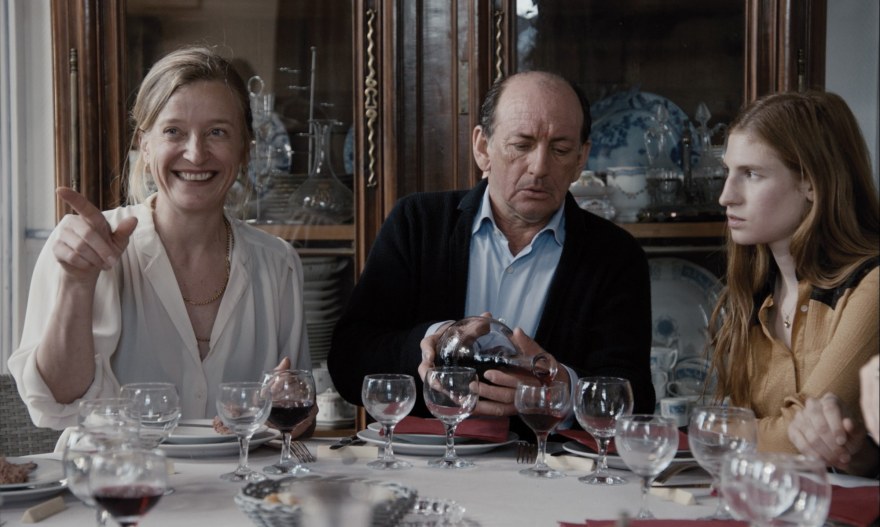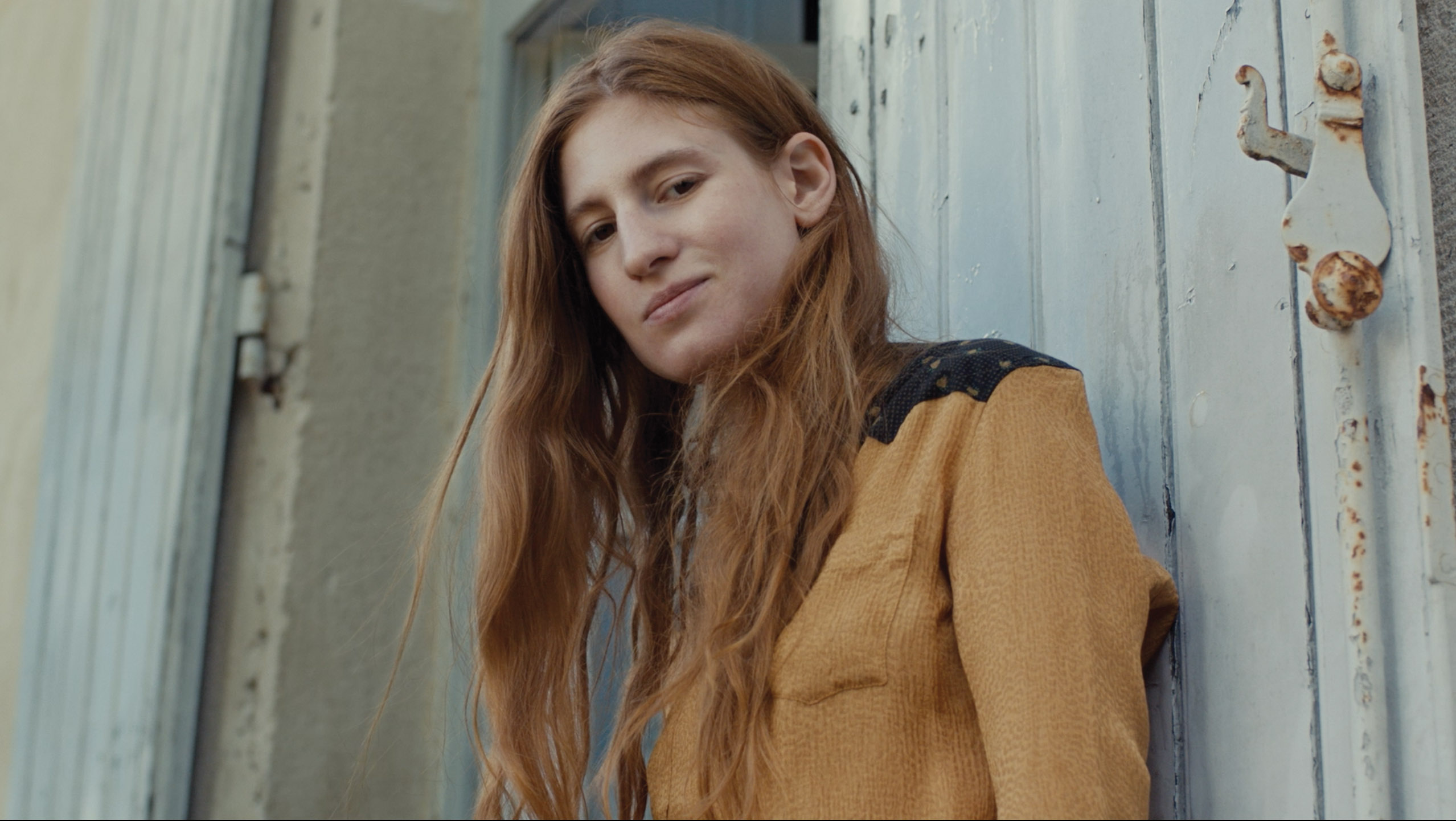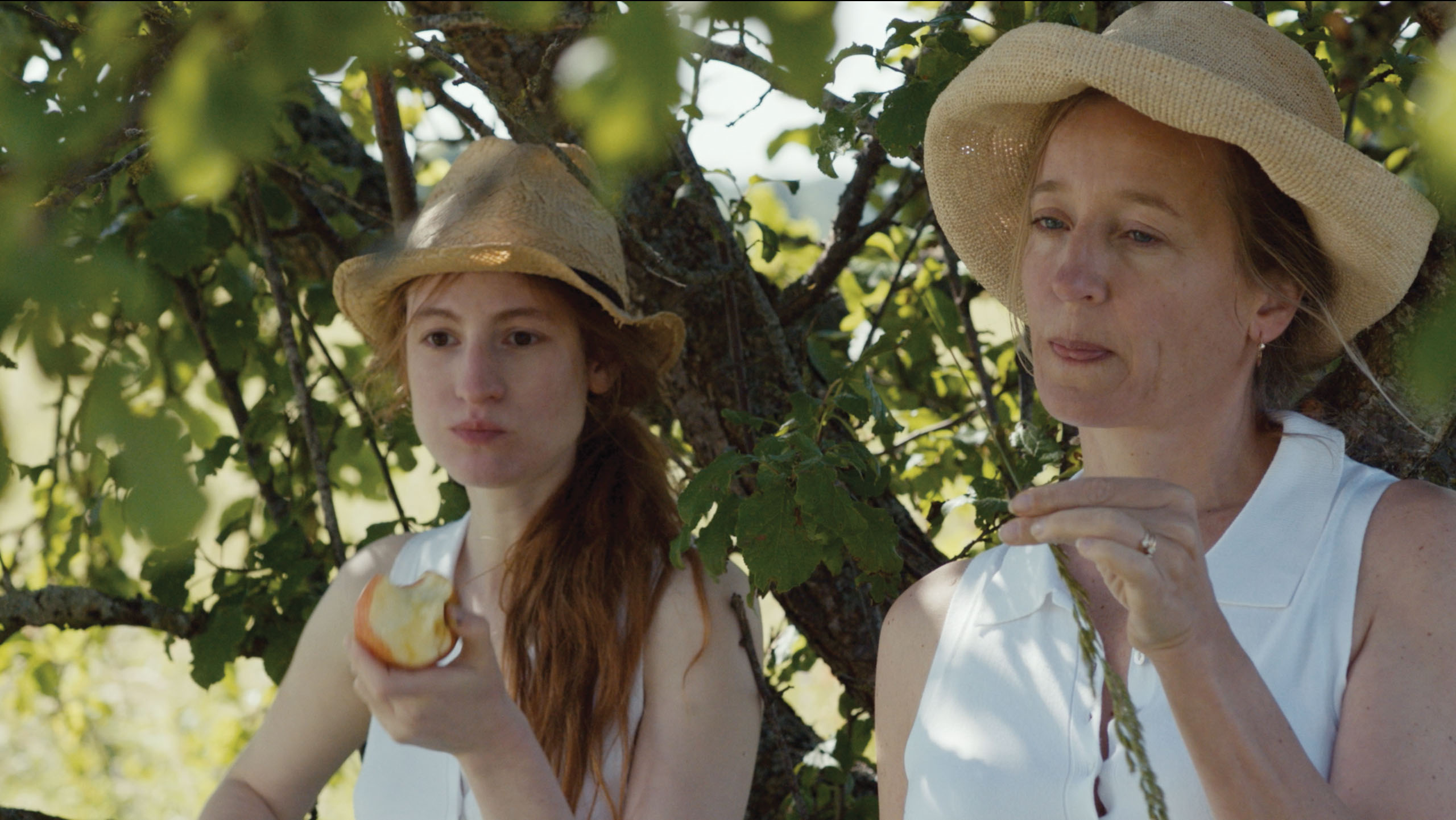Lunch with Salem
Interview with Sophie Beaulieu, director of Salem
Why did you want to depict such a strict, snobbish family?
The family isn’t so much strict and snobbish as stuck in their “values”, which they transmit by repeating rituals, behaviors and absurd ideologies. The upper classes are convinced they’re right; they’re very good at perpetuating patterns that need to be broken. It’s alarming when you think about the fact that most positions of power reside within the upper classes; it was that thought that spurred me to depict this family.
Did you come up with Salem after hearing Anne Sylvestre’s song A Witch Like Any Other or did it come about because of the topic you wanted to deal with?
The tennis scene came very early on in the project and I was looking for a song that would do justice to the symbol! There’s lots of talk of witches, and rather than knowing who witches are, I wanted to show where they are… Everywhere! Anne Sylvestre’s A Witch Like Any Other immediately came to mind, and was in the script. I was overjoyed to be able to have Barbara Carlotti sing it and deliver it!
Is it fair to say that Salem deals with emancipation?
Yes! Emancipation in that social circle is very complicated because men and women adhere to “values”. It requires instilling doubt where there is none. Emancipation requires a strategy. One step forward, one step back, one step forward. At the end, the man says, “Let’s not talk about it anymore”. But the children bear hope…
Are you interested in the relation between men and women and do you see yourself making other films on the topic?
In my first short, which Martin produced, I Didn’t Shoot Jesse James, I was interested in the masculine / virile myth in westerns. I actually do think it’s a theme that permeates my work! I keep on exploring it through political comedy.
What do you think the future holds for short films?
Short films will always have a bright future as long as there are artists! For me, they’re a precious, unique space of freedom and exploration. They also require a lot of work because the format is short and therefore complex and demanding. They’re the best way to learn to make films. As for what happens after covid, I don’t know. They’ll probably have to be shown even more on platforms…
If we were to go back into lockdown, what cultural or artistic delights would you recommend to alleviate our boredom?
READ! Books, I mean. Switch off your phone and read. You need a certain amount of free time to read (more than two lines)…










